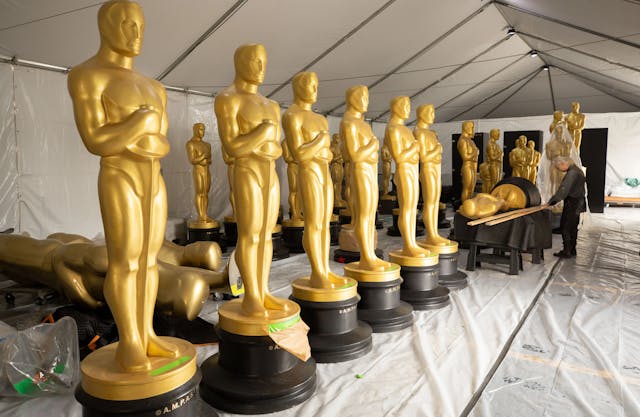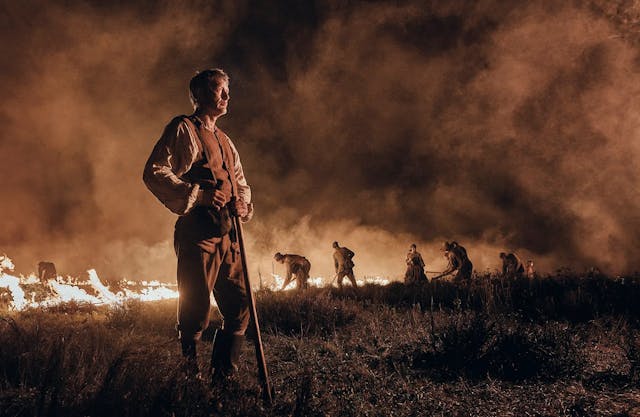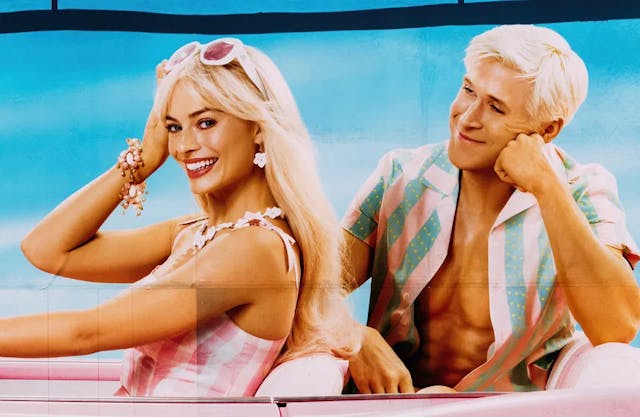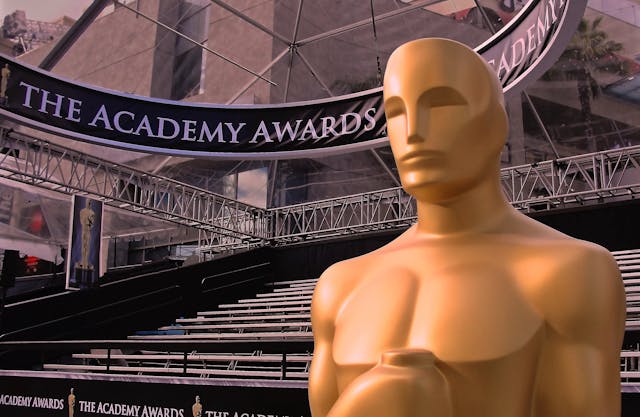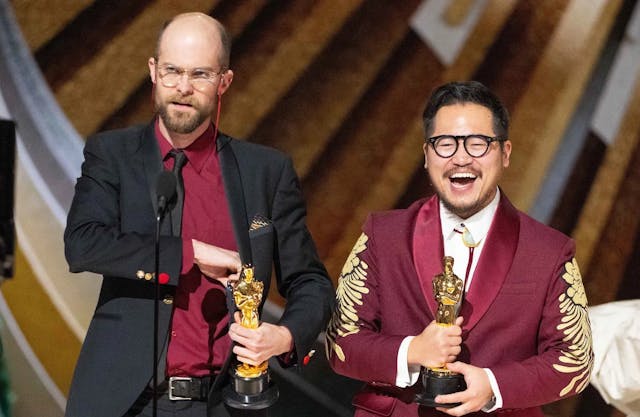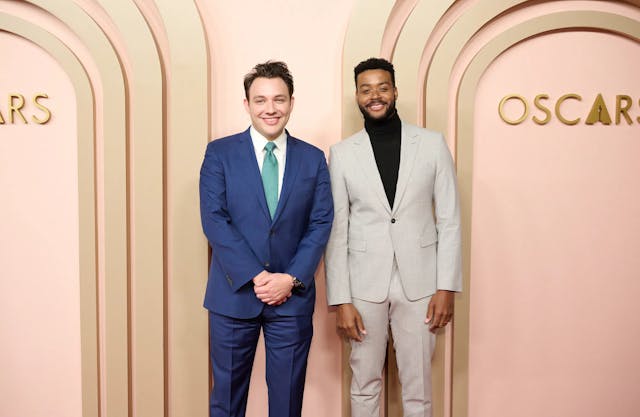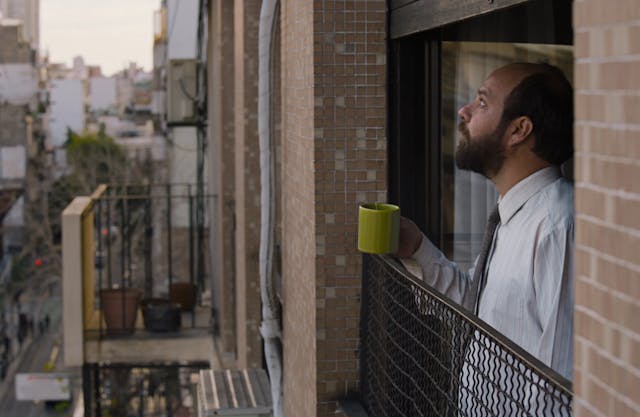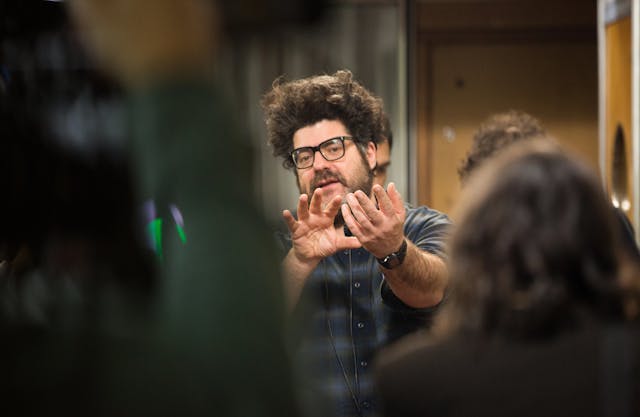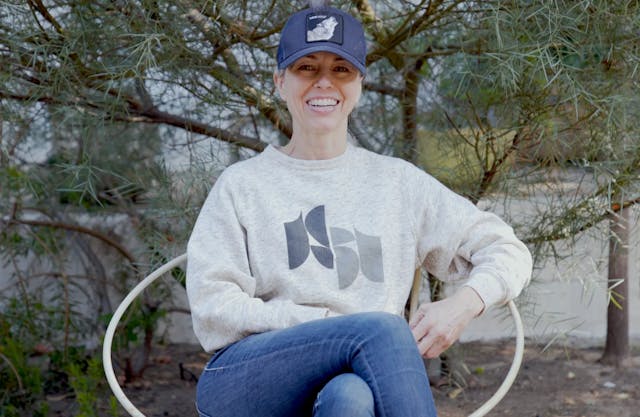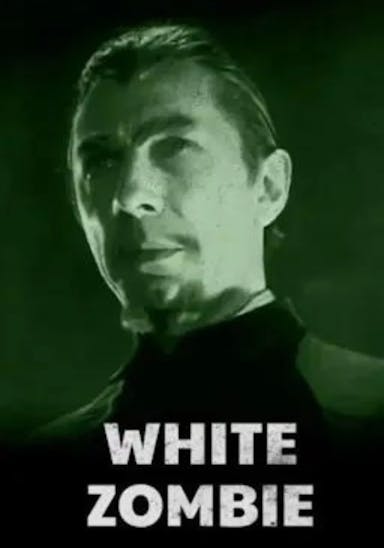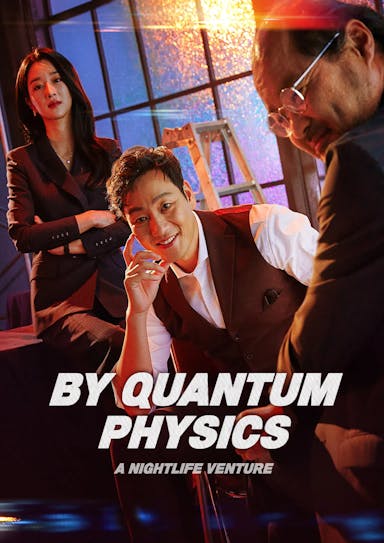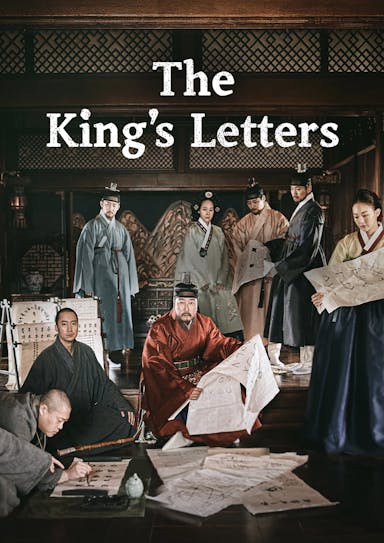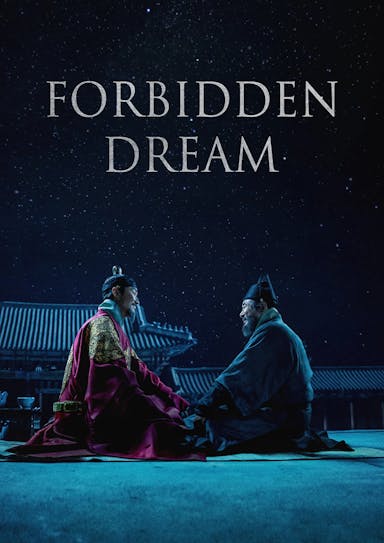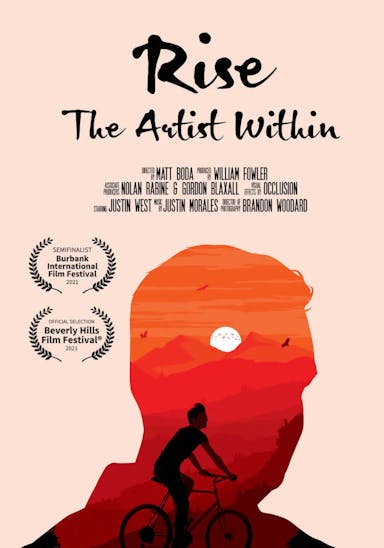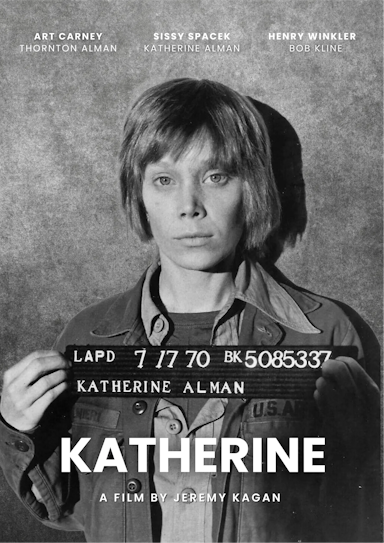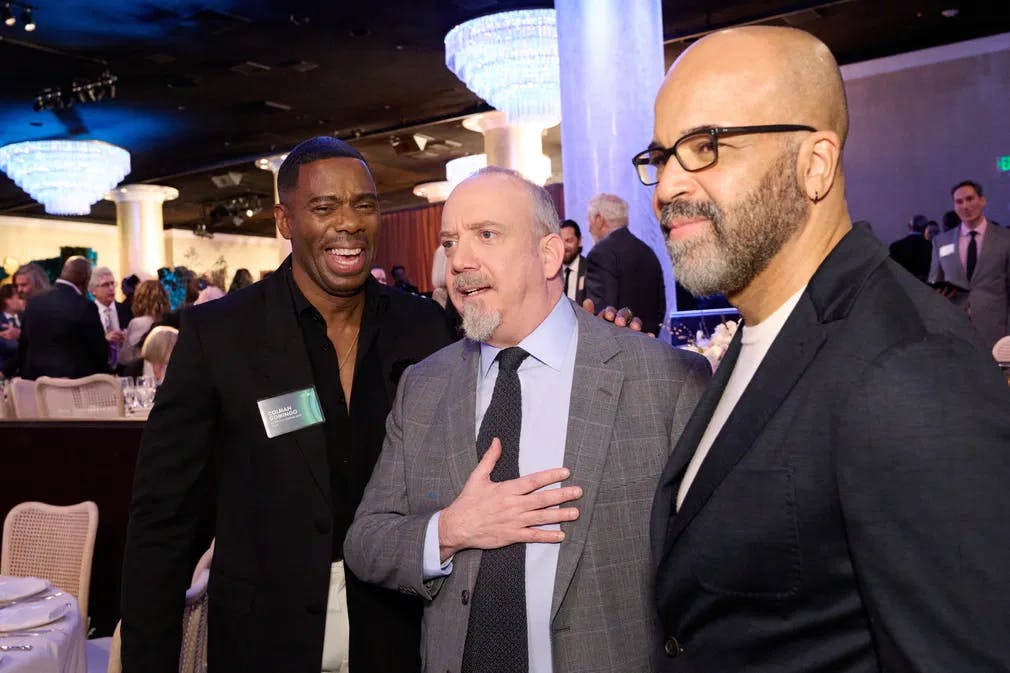
Brothers in nom: Colman Domingo, Paul Giamatti, and Jeffrey Wright spend quality time at the Academy's Nominee Luncheon. / Photo by Richard Harbaugh, courtesy of ©A.M.P.A.S.
Let’s be honest. It’s hard to muster suspense around the acting awards at the Oscars. Consistently over the last few years - decades? - the Academy has become the final station in a consensus-building trek, stopping at every possible movie-related collegiate organization and critic’s circle. Hungry for a surprise, we craft upsets out of outlying choices. Paul Giamatti over Cillian Murphy? Would it be fun? Sure, why not? Let’s throw that idea around for a few weeks to keep ourselves entertained.
It is what it is, and there is no point in complaining. After all, the voting corps in the Golden Globes, the SAG Awards, and the Academy have enough of an overlap in membership to justify the coincidences. But even if we are facing a foregone conclusion, it’s fun to ponder how this consensus is built. Let’s go over the nominees in the four acting categories competing in the 2024 Academy Awards, category by category.
Best Actor in a Leading Role
Bradley Cooper, "Maestro"
Now, this is a mystery. Why has the world turned against Bradley Cooper? Is he too handsome? Too successful? Must he be taken down a peg or two so he doesn’t get complacent about his standing in the industry? The last time I saw the tide turn against a performer was when the world decided Anne Hathaway was annoying after winning the Best Supporting Actress Oscar for “Les Miserables” (Tom Hooper, 2012). That episode, like this one, was uncalled for. I’d venture the Anti-Cooper movement started a couple of years ago when they ignored his solid turn in Guillermo del Toro’s version of “Nightmare Alley” (2021).
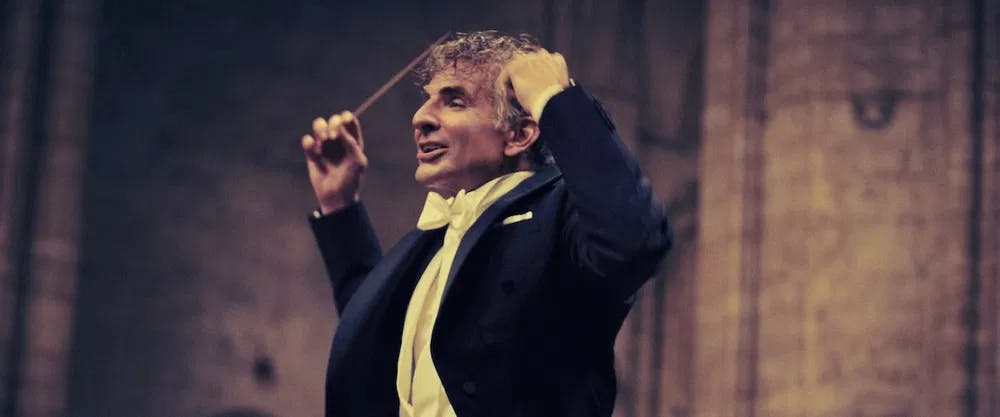
Paging Elaine Benes: Bradley Cooper takes Leonard Bernstein's baton in "Maestro" / Photo courtesy of Netflix.
And it’s a shame. His performance as Leonard Bernstein is one of the biggest assets in the movie. Perhaps he needed to be more of a megalomaniac and give himself more screen time to go deeper into the inner conflict of an openly gay or bi man who still got married to a woman to navigate a heteronormative society. “Maestro” came out of the gate with a target on its back, or maybe its face. When the movie's first images became available, a fierce controversy arose around the appropriateness of the prosthetic nose he wore. Was it cartoonishly large? Disrespectful to Bernstein’s Jewish culture? The Bernstein descendants blessed the movie, so I’ll stick to their judgment. A lengthy interview with makeup artist Kazu Hiro graced the pages of The New Yorker magazine, and the Academy granted his team one of the seven nominations for the film.
So, no. Cooper is nowhere near getting an Oscar this year.
Colman Domingo, "Rustin"
Colman Doming's slow but steady ascendance reaches its peak. The journeyman actor cut his teeth in TV and small roles for some high-profile directors (Spike Lee, Steven Spielberg). He conquered the indie world with “Zola” (Janicza Bravo, 2020) and got an Emmy for playing Zendaya’s sobriety sponsor in “Euphoria.” Now, he gets Hollywood’s biggest gift to an actor: a biopic.
His performance as civil rights champion Bayard Rustin is the best thing about the movie. It transcends the visible indie budget limitations - those crowd scenes at the end take the air out of what should have been a climatic triumph. The movie also bypasses any controversy about cultural appropriation by casting a gay black man to play a gay black man - Colman identifies as Afro-Latino, his father being Belizean-Guatemalan.
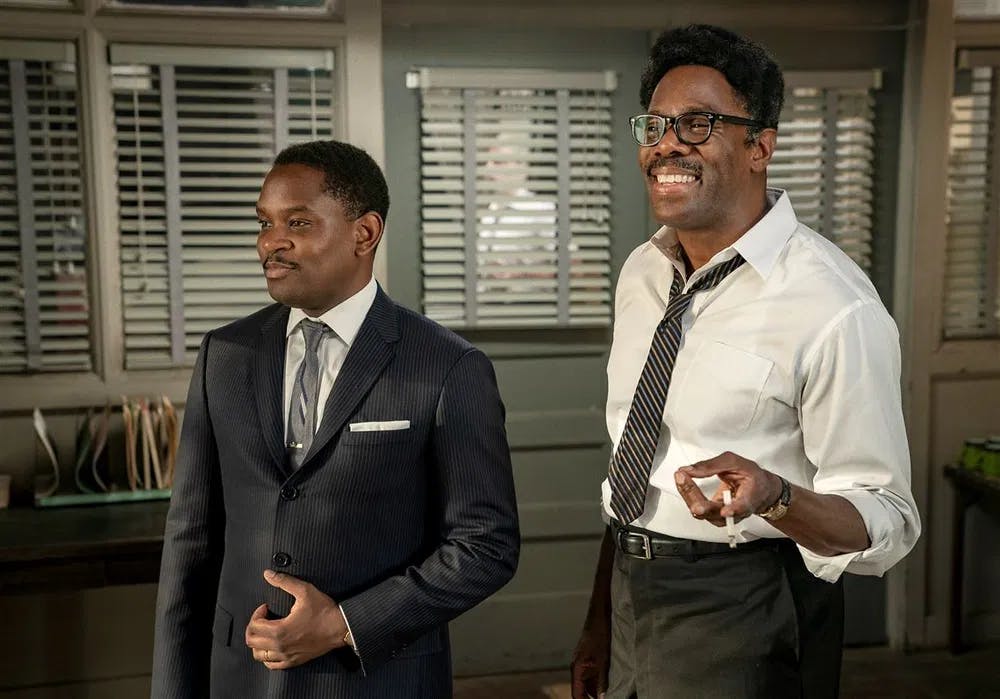
MLK's right-hand gay man: Aml Ameen and Colman Domingo in "Rustin" / Photo courtesy of Netflix.
The industry is backing him up. He had a major role in another award-season contender. That the musical version of “The Color Purple” failed to catch up with audiences and critics is certainly no fault of his own. The other signal that he has “arrived” is the fawning coverage of his red-carpet appearances. He is everywhere and looks like a million bucks while at it. Don’t let the glitz distract you from the fact that he is a powerful actor. Give him a couple of years. He will be back and will eventually get an Oscar. Just not this time.
Paul Giamatti, "The Holdovers"
Can you believe this is only Paul Giamatti’s second Oscar nomination? And before you ask, no, he was not nominated for Best Actor for his stellar turn as an alcoholic in “Sideways” (Alexander Payne, 2004) - it was as Supporting Actor for the Russell Crowe-led boxing drama “Cinderella Man” (Ron Howard, 2004). Reuniting with Payne, he gives a performance that just can’t be denied as the sourpuss history teacher taking care of an equally lost teenager in “The Holdovers.”
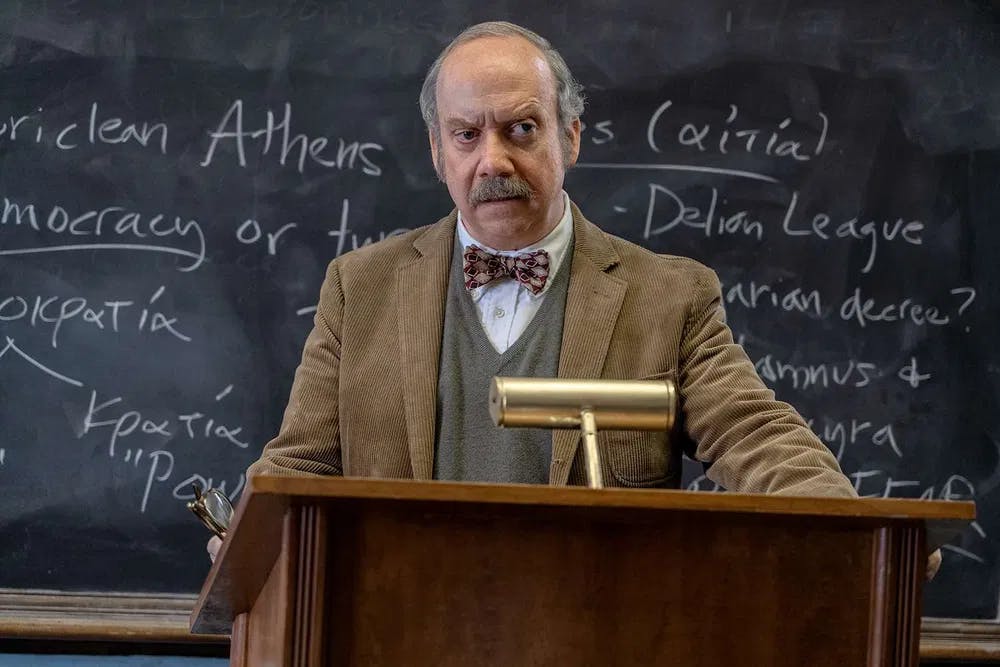
To Sir, with passive-aggressive put-downs: Giamatti imparts life lessons in "The Holdovers" / Photo by Seacia Pavao, courtesy of Focus Features.
Wins at some critics' groups and the well-documented fact that the man is a mensch have created the narrative that he might take the award away from Cillian Murphy, otherwise considered a shoo-in for “Oppenheimer.” The Academy members favoring a local boy over an Irish interloper? As much as I like Giamatti and his work in “The Holdovers,” I don’t see it happening.
Cillian Murphy, "Oppenheimer"
Take the doubts about a Cillian Murphy win as a testament to how un-showy, unfussy his turn as Edward Oppenheimer is. This is the first nomination for the Irish actor who first worked for Nolan as the villainous Scarecrow in his Batman trilogy. Edward Oppenheimer transparently conveys insecurity, hubris, pride, and despair. He is also the glue that holds together an ensemble piece of epic proportions. The cast is so loaded that it is fairly surprising that only two members made it into the supporting categories.

Are they airdropping my Oscar?: Cillian Murphy scans the skies in "Oppenheimer" / Photo courtesy of Universal Pictures.
Murphy’s brilliance manifests in the quiet moments, like when he unloads his children on friends - he can’t be bothered by normal life while harnessing the power of the atom. His perfect home is in the fake neighborhood erected in the middle of the desert to corral the scientist and technicians locked in a race with Nazi Germany. He also shines at his most vulnerable in the sex scenes with Florence Puig as his volatile communist lover, or at his most monstrous, when hyped by adoring crowds, he makes fun of the Japanese massacred by his invention. The mournful understanding he eventually grasps about the true nature of his invention is enough to secure the statuette.
Jeffrey Wright, "American Fiction"
The Academy is at least two years late in granting Jeffrey Wright his first Oscar nomination. In 2021, he gave us a beautifully calibrated performance as a writer modeled on James Baldwin in Wes Anderson’s “The French Dispatch.” Heck, he could have also been nominated this year for his work as a zealous military man in Anderson’s “Asteroid City.” By now, it has been well-established that voting members dismiss the directors’ brilliance.
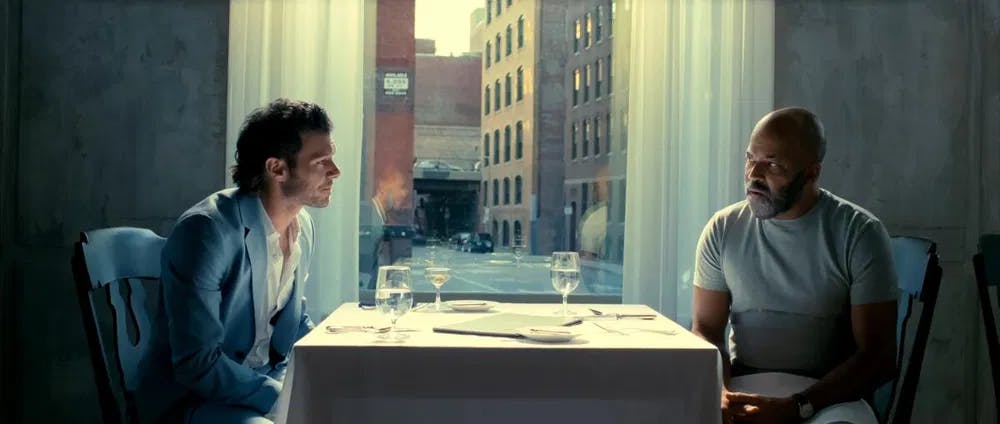
Writer in retreat: intelectual author Jeffrey Wright plays ghetto for Hollywood producer Adam Brody in "American Fiction" / Photo courtesy of MGM- Orion Pictures.
Perhaps the nomination for “American Fiction” was inevitable. The Anderson films are ensemble pieces, and Wright is the uncontested star in Cord McDaniels’ comedy. He is in every frame of the movie. He is also brilliant as Thelonious “Monk” Ellison, the brainy writer who, on a lark, pens a fake ghetto memoir that becomes more successful than his serious books. The movie does not quite fulfill its satyrical promise, but Wright is amazing at conveying Monk’s exasperation and toxic self-regard. A lesser actor would have succumbed to making an anti-intellectual statement, turning him into a caricature of the literate elite, but Wright makes you feel his pain. He might be a snob, but he is right, too! If the movie were better, it would push him further up and turn him into a threat to Murphy, but that is not the case. No sweat. He will be nominated again.
Best Actress in a Leading Role
Annette Bening, “Nyad”
Annette Bening is playing the Glen Close role in this Oscar cycle. That is, she is the seasoned pro overdue for an award, who just might crash the party and swipe the statuette away from the purported favorite. Yes, it feels like a dereliction of duty on the Academy’s part that she is Oscar-less. The only thing that brings me more dismay than her loss is when she is not nominated for a worthy performance. Like the single mother in “20th Century Women” (Mike Mills, 2016). Have you seen her in that? She is miraculous! Others swear by her turn as actress Gloria Grahame in “Film Stars Don’t Die in Liverpool” (Paul McGuigan, 2017).
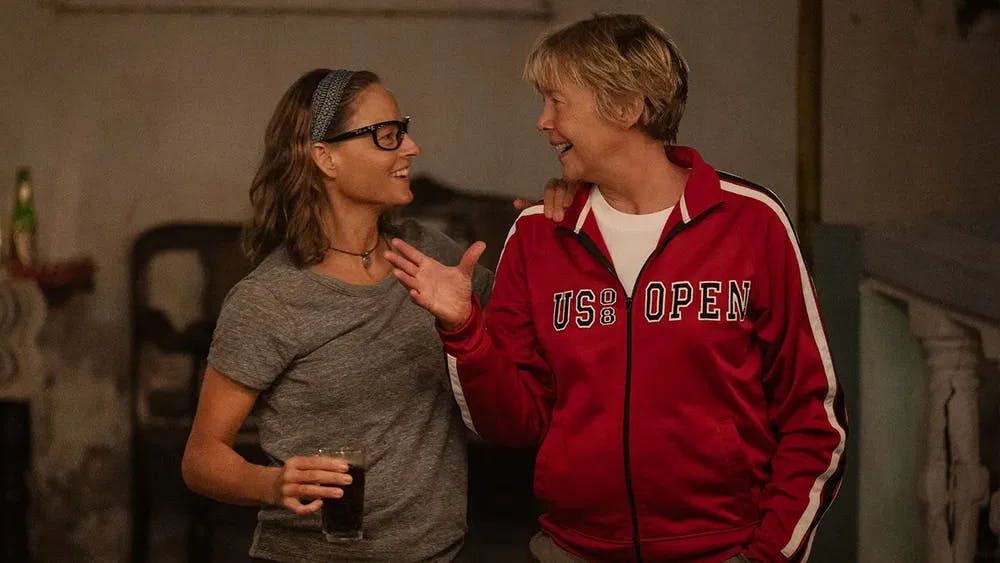
Swim away with an Oscar?: Foster and Bening scored nominations with "Nyad" / Photo by Kimberly French, courtesy of Netflix.
There is no shortage of interesting choices in her career. Her role as a steely long-distance swimmer, Diana Nyad, has gotten her the fifth nomination for a sterling job. She is good - she always is -but Nyad becomes a one-note character. Jodie Foster steals the movie away as the devoted friend/trainer who takes care of the mess Diana leaves around in her single-minded pursuit of swimming glory. Also, it is the least accomplished movie out of the five nominees. That product placement for Petco is unseemly.
Lily Gladstone, “Killers of the Flower Moon”
Some people decry the Oscars for being too political, but like any other human endeavor, they don’t happen in a vacuum. Politics are everywhere, and objectivity is a mirage. Some might say Lily Gladstone's inexorable win comes from the Academy wanting to earn brownie points by vindicating Native American Talent. Well, at least, it is a happy coincidence that the impulse arises at the same time a marvelous young actress gives a first-rate performance in a daring movie by one of the best directors of our time.
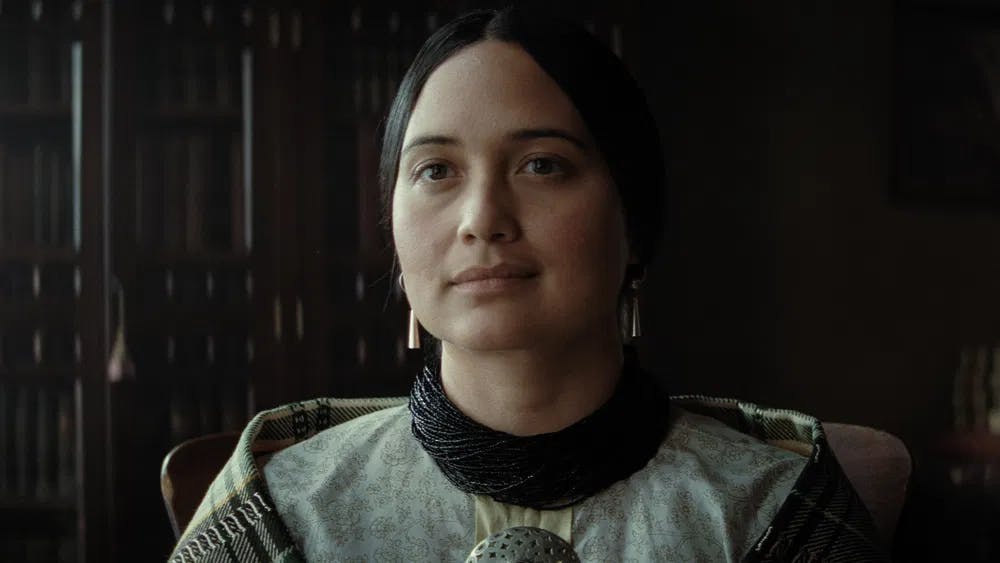
The heart of the "...Flower Moon": Lily Gladstone shines in Martin Scorsese's epic historical movie. / Photo courtesy of AppleTV+.
Martin Scorsese’s “Killers of the Flower Moon” is an epic historical about-face that exposes and purges America’s original sin: the genocidal extermination of the Native population. As Mollie, Gladstone makes history feel personal, giving a human scale to the tragedy. The Osage heiress is targeted for a marriage of convenience by conniving white devil William Hale (Robert Deniro) and his idiot nephew Ernest Burkhardt, but she is no wallflower. She sees something in this wretched man that he cannot see, a core of humanity worthy of love. That he fails to reciprocate is his downfall. May a well-deserved Oscar bring a long career full of roles worthy of her talent.
Sandra Hüller, “Anatomy of a Fall”
German actress Sandra Hüller had a stellar 2023, with meaty roles in two movies that took the top prizes at the Cannes Film Festival. It’s quite a coup, giving her an aura of invincibility that seeps into the Oscar conversation, painting her as a formidable adversary to Gladstone. In Justine Triet’s moral thriller, she plays a woman who may or may not have killed her husband. Hüller - and the movie itself - play with their cards close to the vest. It’s not that Sandra is a chimera. It’s that the mystery itself is built by the sexual politics of our era. Such is the lot of women, damned if you are more successful than your husband, damned if you depend on him. Whether she did it or not is beside the point. The definition is key to the movie’s discourse but might make the experience of watching it dissatisfactory for a good segment of voting members.
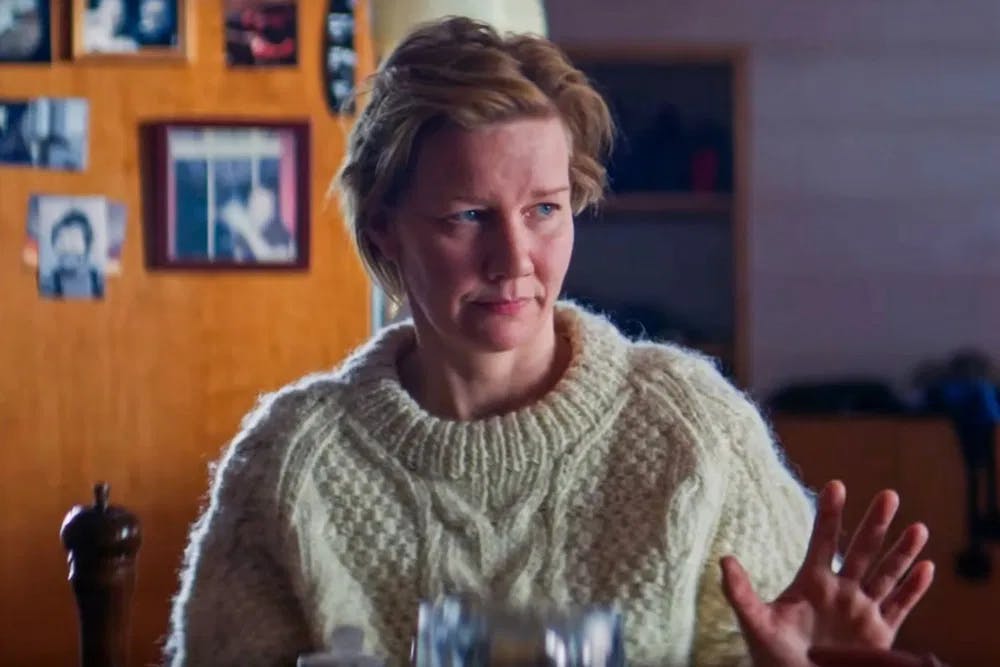
She's a MF-P.I.M.P: Sandra Huller is the bane of a fallen man in "Anatomy of a Fall" / Photo courtesy of Neon.
Carey Mulligan, “Maestro”
Word of mouth was strong for Carey Mulligan in the run-up to “Maestro”’s premiere, but the mixed reception the movie had with critics somewhat derailed the campaign. Netflix’s low-key theatrical release did not help visibility. And it’s a shame. Her performance as Felicia Montealegre, the wife of Leonard Bernstein, is beautifully calibrated. Her character is less showy and exuberant - and depends less on image-changing makeup -but she makes Montealegre every bit as fascinating as her illustrious husband. It's not easy to make the spouse wilting in the shade of a legend compelling - count the nagging/concerned wives in classic Hollywood fare - but Mulligan makes her vibrantly alive and complex. However, For all the good faith the character and the performer receive, it will not happen. It’s nice to be nominated, though.
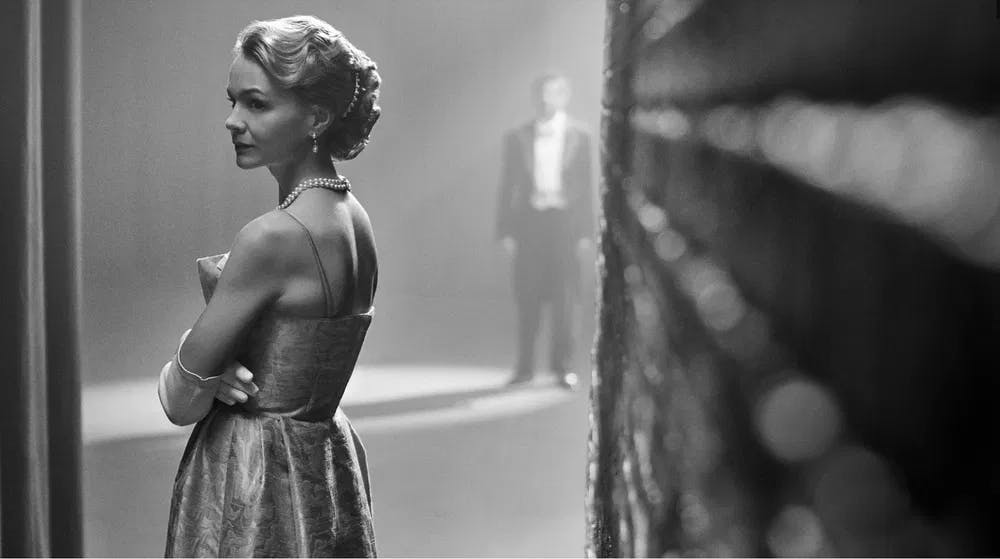
Always waiting in the wings: Carey Mulligan is the "Maestro"'s long-suffering wife. / Photo courtesy of Netflix.
Emma Stone, “Poor Things”
Whenever the industry praises a performer for “fearlessness,” you can be sure they are referring to nudity and sex. Sure, there’s a good share of that in store for Emma Stone in “Poor Things,” but her courage comes through her profound commitment to look silly. As Bella Baxter, she plays a she-Frankenstein: a resurrected woman learning once again to live armed with an infant's brain. You believe every jerky movement of her body as she learns how to move around. It's a gas to see her realizing how to function in society without a firm grasp on manners or niceties. Things get spicy when she discovers sexuality, but the movie, which she produced as well as starred in, goes full feminist as she experiences exploitation, poverty, and finally, empowerment. In a world that decries the depiction of sex in art and pushes forward the regressive stereotype of “trad wives,” this is, indeed, fearless.
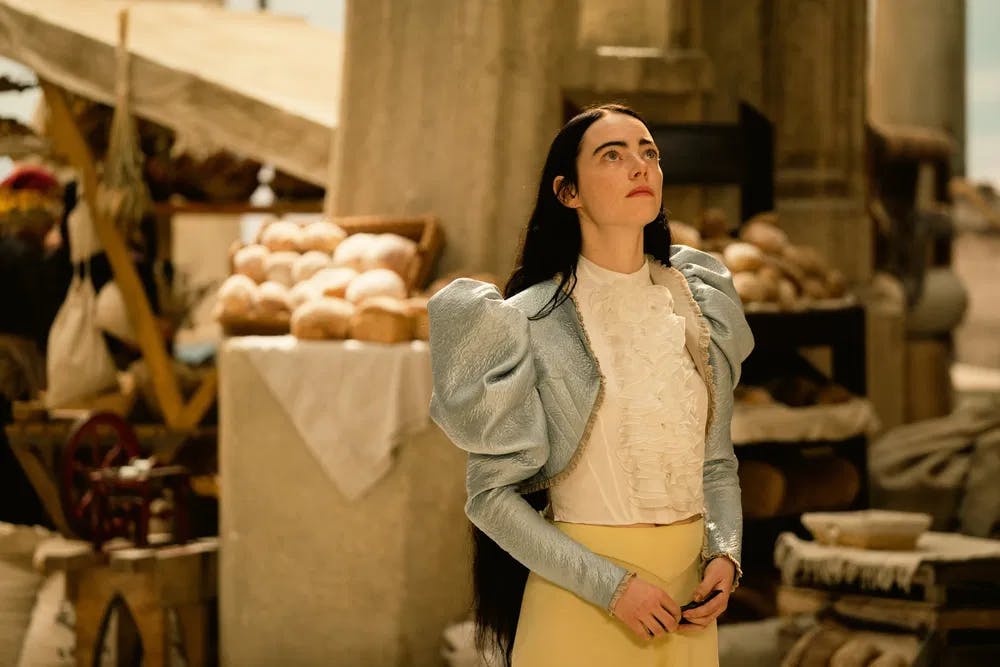
An education in the ways of the world and the flesh: Emma Stone sees the light in "Poor Things" / Photo by Atsushi Nishijima, courtesy of Searchlight Pictures.
Think of Stone as a worthy runner-up. The good news is that between this and his role in the TV series “The Curse,” she is clearly entering the best career phase. There will be more chances for her in the future.
Best Actor in a Supporting Role
Sterling K. Brown, “American Fiction”
The reigned-in satire of “American Fiction” gets a shoot in the arm when Sterling K. Brown shows up as Clifford, civilized writer “Monk” Ellison’s hot mess of a brother. In a family of over-achievers, he is the one who ultimately lets his id run free: a closeted gay man who left his wife and kids after being found with a down-low male lover. He may not have chosen freedom of his own accord, but he is ready to make up for lost time: skinny dipping in the pool, doing lines of coke in the living room, and sleeping with a twink or two. All through his debauchery, the one emotion he projects is fury. Fury at himself and the family that kept in closeted, at society, and at the world at large. Some have decried the role as the caricature of a gay man, and that is the point. It is a comic exaggeration of personality-defining pain.
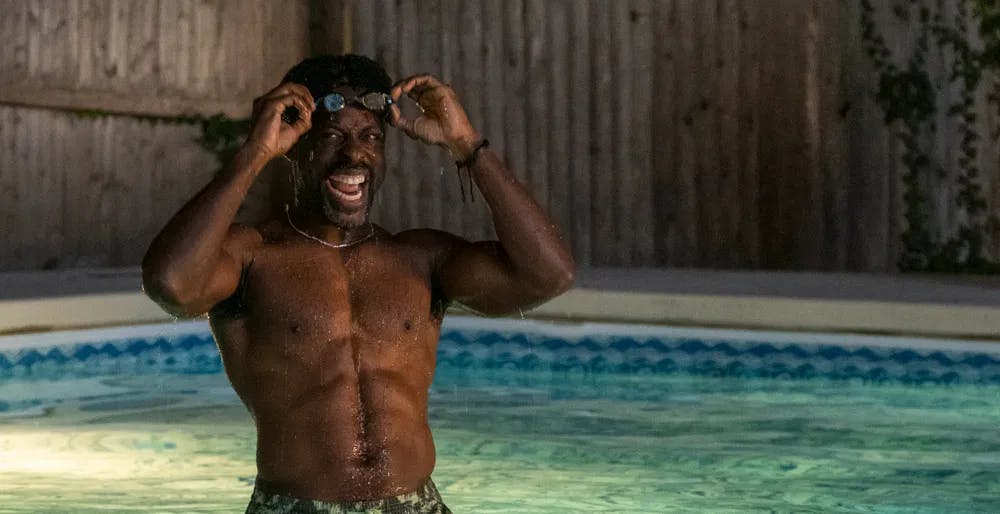
Beefcake, out and proud: Sterling K. Brown flashes "American Fiction" / Photo courtesy of MGM-Orion Pictures.
Brown has no chance to win on his first nomination, but boy, does he - and we - deserve a Clifford-centered sequel. Or a series. Whatever you can put out, Hollywood. Get on it.
Robert De Niro, “Killers of the Flower Moon”
Robert De Niro is a veteran with nothing to prove. Just on the Oscar front, he’s got nine nominations and two wins for two stone-cold classics, “The Godfather, Part II” (Francis Ford Coppola, 1975) and “Raging Bull” (Martin Scorsese, 1981). Still, the man loves to act. Maybe that’s why he assumes the journeyman ethos. Just like Michael Caine before him, he does everything. He is not above doing silly comedies like “About My Father” (Laura Terruso, 2023). The same year, he gives us a villain for the ages in Scorsese’s “Killers of the Flower Moon.”
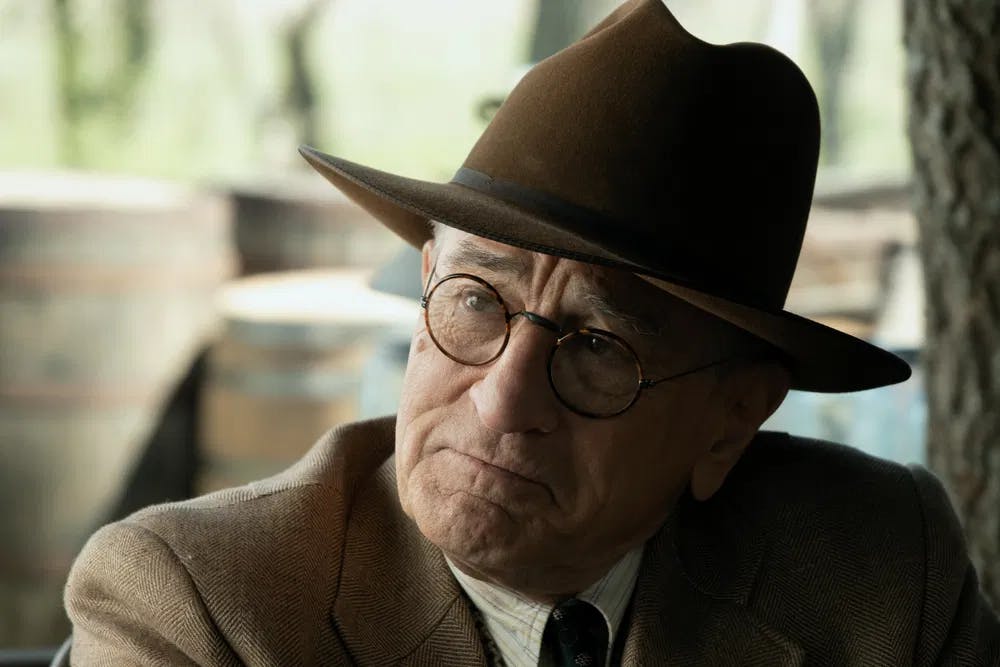
Everyday evil: Robert De Niro plagues the Osage in "Killers of the Flower Moon" / Photo courtesy of AppleTV+.
As William Hale, the big man about town in early XX Century Fairfax, Oklahoma, De Niro gives us two characters in one. There is the paternalistic good'ole pal who looks on the Osage as if they were his children and the conniving bastard who, behind the amiable facade, plans and executes their murders. What makes him chilling is De Niro’s capacity to make us see how, for Hale, this is just business as usual. He is not doing anything extraordinary. He is working the levers of a system that does not recognize the Native Americans as humans. The normality of evil is scarier than its banality.
De Niro already has enough accolades, so he is unlikely to add a third Oscar to his shelf, but this work belongs in the pantheon of his best roles.
Robert Downey Jr., “Oppenheimer”
Robert Downey Jr. is very good as Lewis Strauss. The Salieri to Robert Oppenheimer’s Mozart, he is the closest thing to a straight nemesis in the movie - if you don’t count Oppie’s pesky conscience. Still, he is one of many, many actors doing stellar support work. I would have given his nomination to Alden Ehrenreich’s nameless aide, who takes Strauss tersely to task on the sidelines of a Senate hearing.
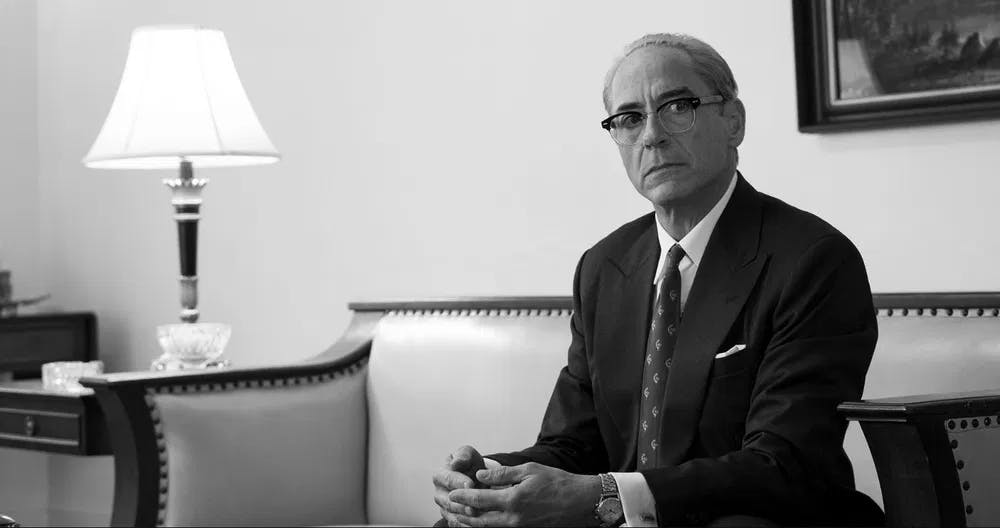
Escape from the MCU: Downey returns to the adults' table with "Oppenheimer" / Photo courtesy of Universal Pictures.
Alas, Hollywood is so happy that Downey left superheroes behind that they will give him an Oscar to make it worth it. He’s got the Golden Globe and the SAG Award to prove it. His first Oscar is in the bag.
Ryan Gosling, “Barbie”
“Barbie” fans may point out that despite the movie’s best intentions, the patriarchy is alive and well in the movie industry. Margot Robbie failed to secure a nomination for the title role, and director Greta Gerwig did not crack the circle of nominated directors. Who gets the glory? Well, a MAN! Actually, no. As a producer, Robbie can walk away with a statuette if the movie takes Best Picture, and Gerwig just might win for Best Adapted Screenplay. So, chill out, people, and enjoy the rehabilitation of comedy as a worthy genre.

Boy on the side: Ryan Gosling takes a backseat to Margot Robbie in "Barbie" / Photo Courtesy of Warner Bros. Pictures.
For too long a time, members of the Academy seem to have looked down on it in favor of outright drama. Let’s hope that is not the case anymore. Ryan Gosling’s cloning as everybody’s favorite plastic himbo is a thing of beauty. And if you think he is not worthy of it, think of this as a make-up nomination for his work in “The Nice Guys” (Shane Black, 2016). He won’t win, but that’s OK.
Mark Ruffalo, “Poor Things”
Another refugee of the Marvel Cinematic Universe returns to serious movies, and the Academy welcomes him with an Oscar nomination. Mark Ruffalo shines in “Poor Things” as the self-professed seducer Duncan Wedderbum, a sex pest who gives Ella Baxter her sexual education but can’t deal with her once she develops enough self-awareness to see through his shtick. Hulk may be pushed off the podium by Iron Man, but this would be a most welcome upset. And it’s within the realm of the possible. The Academy has a history of granting Best Supporting Actor Oscars to hirsute, egotistical, silly, silly men. Remember Kevin Kline in “A Fish Called Wanda” (Charles Crichton, 1988)? I do.
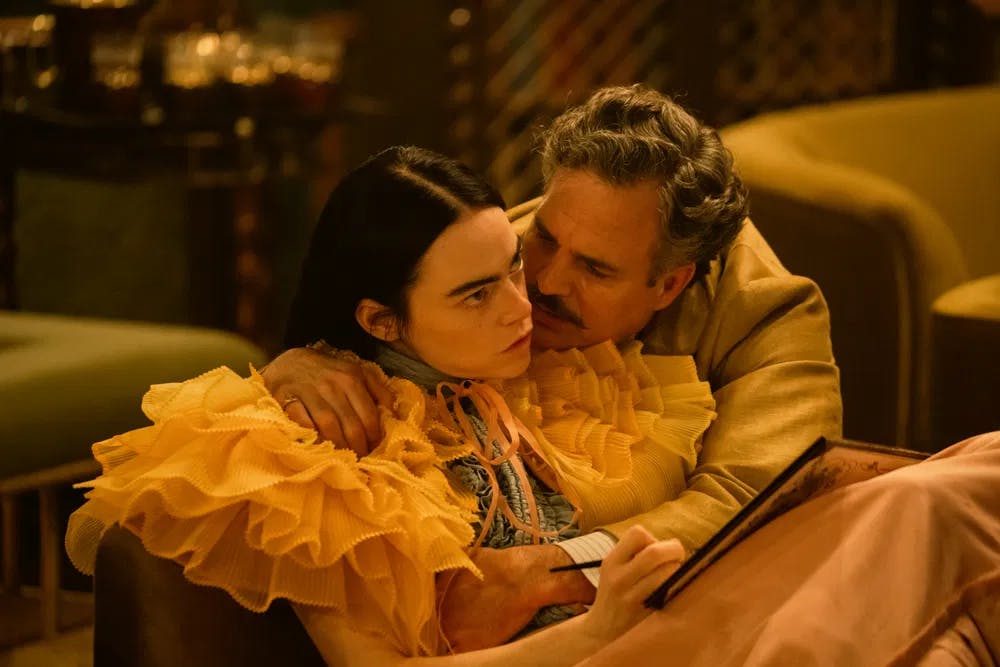
The comeuppance of a lothario: Mark Ruffalo gets more than he bargained for with Stone in "Poor Things" / Photo by Atsushi Nishijima, courtesy of Searchlight Pictures.
Best Actress in a Supporting Role
Emily Blunt, “Oppenheimer”
The Academy was not ready to recognize Emily Blunt’s brilliance in her debut film “My Summer of Love” (Pawel Pawlikowski, 2004), nor two years later, in her first Hollywood film, “The Devil Wears Prada” (David Frankel, 2006). Her eponymous toxic fashion minion was a beautifully crafted comic performance, but Meryl Streep’s facsimile of fashion editor Anna Wintour took up all the air in the room. She needed a few years in the trenches to do the kind of work that can’t be denied. In “Oppenheimer,” she lifts up a role that could have fallen for nagging wife mechanics.
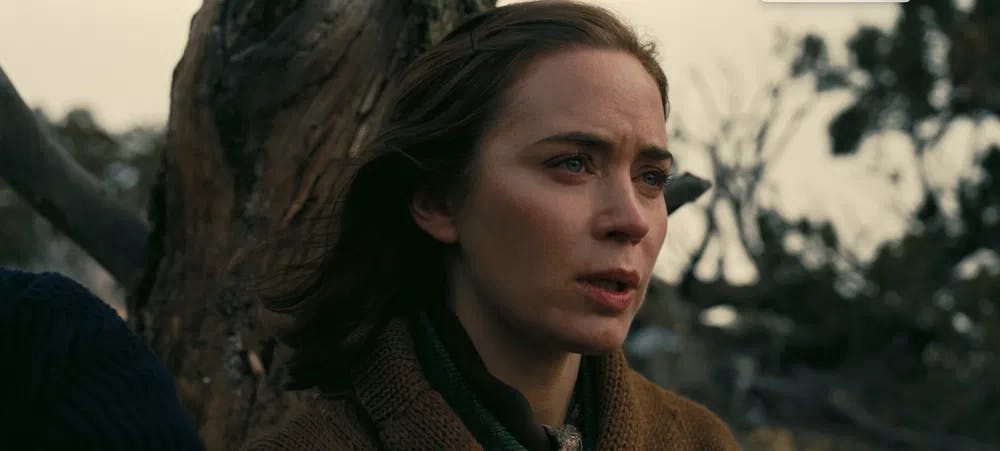
Woman in the shade of the bomb: Emily Blunt knows how to hold a grudge in "Oppenheimer" / Photo courtesy of Universal Pictures.
Like Carey Mulligan in “Maestro,” she builds a spellbinding, humane character. Her Kitty goes from adoration to sour resignation, the keeper of the grudges her absent-minded husband can’t remember to hold. Still, it’s unlikely that she will win. This might be the weakest link of a possible “Oppenheimer” sweep. Christopher Nolan’s epic holds 13 nominations, the most of any movie this year.
Danielle Brooks, “The Color Purple”
Whether on stage, on TV, or on the big screen, Danielle Brooks is a force of nature. She stole the spotlight from the putative leads in Netflix’s “Orange is The New Black” (2013 - 2019) and gave weight and gravity to the ensemble. Working on every possible medium has kept her from gaining momentum in the film industry, but that should change with her role in the film adaptation of the Broadway musical based on the Alice Walker novels, which already courted Oscar glory thanks to Steven Spielberg’s 1985 version.
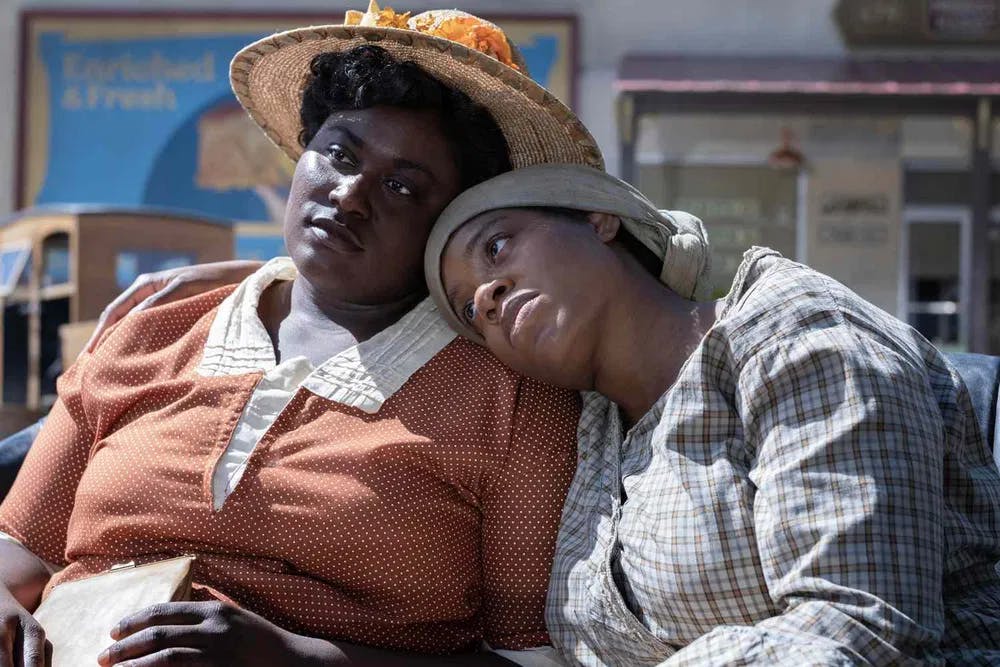
Sisters against the world: Danielle Brooks and Fantasia Barrino hold their ground in "The Color Purple" / Photo courtesy of Warner Bros.
I know it’s complicated. And that points to the main problem. I have not seen the original stage play, but Blitz Bazawule’s movie is strangely antiseptic and artificial. The efforts to inject joy in a gut-wrenching drama feel desperate, and the redemptive arch imposed on some characters is unconvincing. It’s not a surprise the movie failed to catch on with critics. However, the weaknesses push Brooks up. She clearly steals the movie as Sofia - a role previously played by Oprah Winfrey -. The feisty wife of spineless Harpo gets her spirit crushed when she crosses a powerful white woman. You will feel hurt if you see it, and it brings a cognitive dissonance with the rest of the movie. You can make a musical out of grizzly material, but this one does not work.
Hopefully, there will be other chances for Brooks.
America Ferrera, “Barbie”
As Gloria, the all-too-real mother in “Barbie,” America Ferrara shoulders the weight of the movie’s feminist discourse with a monologue that crystalizes the plight of women everywhere. It is either the most in-your-face moment or the most politically loaded point of the movie. Whether you find it facile or heartfelt, you can’t deny the emotion behind its delivery.

Movie-stealing monologue: America Ferrara voices the too-real plight of flesh-and-bone women in "Barbie" / Photo courtesy of Warner Bros.
Since her debut in the indie drama “Real Women Have Curves” (Patricia Cardoso, 2002), Ferrara has been the busiest Latina actress in Hollywood. Still, her most high-profile roles have been in the TV comedies “Ugly Betty” (2006 - 2020) and “Superstore” (2015-2021). Film success has proven elusive, except for voice work in the animated success “How To Train Your Dragon” (2010), its sequels, and ancillary products. She will not win, but she is primed to reap the benefits of a nomination. As a pro with decades-long experience in the industry, getting nominated is as good as winning.
Jodie Foster, “Nyad”
Like Robert De Niro in the Supporting Actor front, Jodie Foster’s got nothing to prove. She acts for the pleasure of it. However, unlike De Niro, she has been voluntarily off the radar for way too long. We needed the one-two punch of “Nyad” and “True Detective: Night Country” to remember how good we had it when she was an ambitious actress putting out good work with regularity.

She is heavy, but she's my sister: Bening gets stellar support from Foster in "Nyad" / Photo by Kimberly French, courtesy of Netflix.
Her role as Bonnie Still, Diana Nyad’s best friend and right-hand woman, will ring true to anybody who has ever been part of the support system of an oversized, alpha personality. As the long-distance swimmer bulldozes over everyone to fulfill her wish to swim from Florida to Cuba, Bonnie is there to pick up the pieces and appease the offended parts. And trust me, there are plenty. One might wonder why she does it. Why do we stick around beyond the call of duty, taking the burn that these shining suns bring along? Fosters answers the question with her performance: it’s love. True friendship. A particular kind of commitment that takes on the challenge of helping people cursed with talent to fulfill their destiny. Foster steals away the movie, and just might take the Oscar. Unless…
Da’vine Joy Randolph, “The Holdovers”
The awards cycle has determined that Da’vine Joy Randolph is the shoo-in to hit the winners’ podium. She already got the BAFTA, the SAG, and the Golden Globe. Plus, she cornered most of the Critics’ groups. Truth be told, it’s hard to resent it. As Mary Lamb, the stoic cook caring for a grumpy teacher and a lonely rich kid while nursing her own broken heart over the death of her son, she gives a multi-layered, complex performance.
Randolph gives a compelling portrait of mourning while providing a stealth emotional education to the two hopeless white men under her charge. The movie bypasses the peril of making her character an accessory to a white-nominated narrative. She is, effectively, a co-lead, with her own subplot parceled out. There’s also the offscreen arc of a proven comedian taking on a dramatic role and hitting it out of the park. Like Robin Williams and Jim Carrey before her, Randolph proves she’s got the chops to do everything. She can make snicker and shed tears.
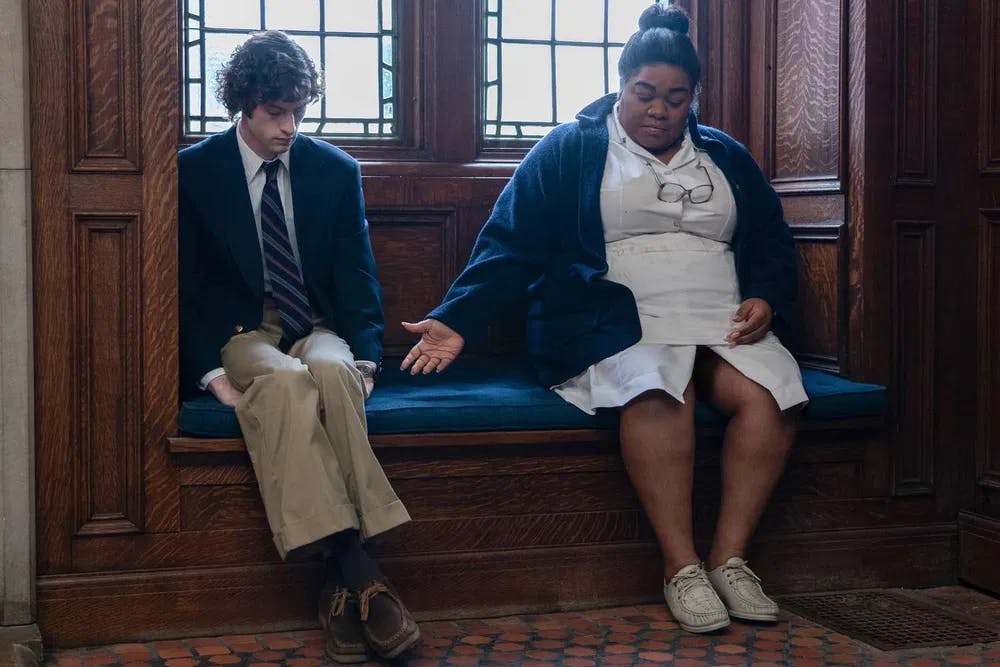
Support system: Dominic Sessa gets some much-needed love from Da'vine Joy Randolph in "The Holdovers" / Photo by Seacia Pavao, courtesy of Focus Features.
For years, she has been a deft comedian. She went toe-to-toe with Eddie Murphy in “Dolemite is My Name” (2019), played a beleaguered agent in “The Lost City,” (2022), and most recently, scored a TV hit as the police detective weathering Steve Martin and Martin Short’s nonsense in “Only Murders in the Building.” She is so good, I almost watched the cursed TV series “The Idol, just to see her (that was a close one!). I was dismayed when I saw her name in the final credits of “Rustin” (George C. Wolfe, 2023) and did not remember seeing her at all. I had to dig in the cast credits to find out she played Mahalia Jackson in a virtual blink-and-you-miss-it cameo. Maybe her scenes were dropped.
If that is the case, it is the movie’s loss. Randolph has proven to hold the key talent of a prime supporting actor: she makes any movie better by the sheer fact of her presence. You can seal that with an Oscar.
Want to get an email when we publish new content?
Subscribe today

